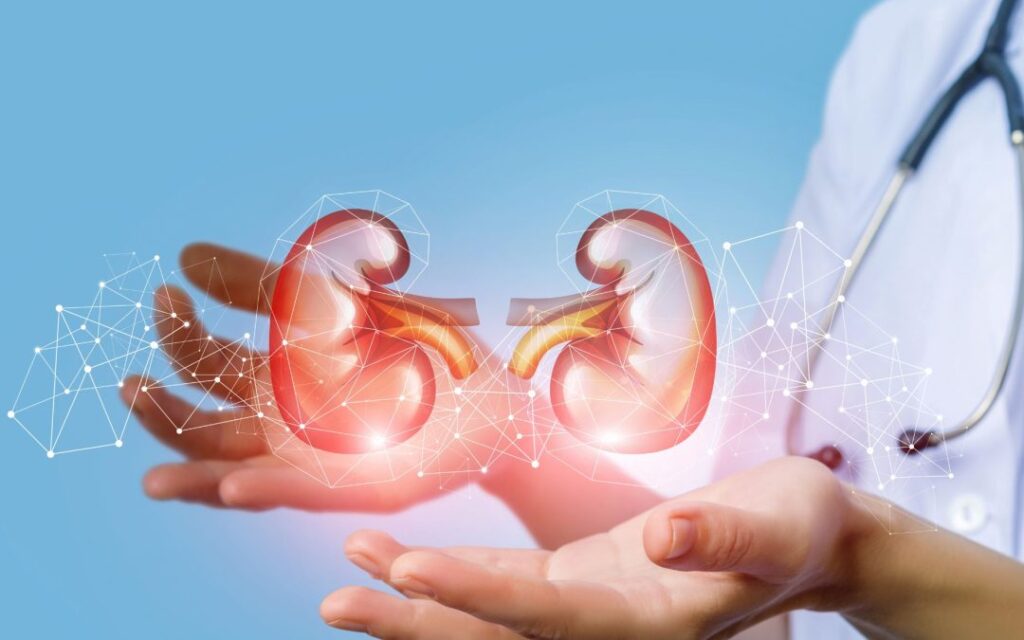Urological health is essential to a man’s overall well-being, yet it often gets overlooked until symptoms disrupt daily life. Many men place greater emphasis on other aspects of health, such as heart health or physical fitness, overlooking the importance of a healthy urinary and reproductive system. Early detection can make a substantial difference in treatment and outcomes. Subtle symptoms that seem minor initially can develop into more serious complications if not recognized and addressed. Knowing the signs and acting promptly can help prevent minor issues from becoming major problems. If you are in the Bay Area, Golden State Urology in Fremont, CA offers comprehensive care and consultations for men facing these concerns.
Men of every age can benefit from being aware of their urological health. While some men might associate these issues with older age, the reality is that urological problems can occur at any point in adulthood. Certain symptoms are mild and easy to dismiss, but paying attention to your body’s signals can be life-changing. Ignoring early warning signs can result in delayed diagnosis, which can reduce the effectiveness of treatment. Understanding common early warning signs is an important part of proactive health management, allowing men to take charge of their well-being early on.
Frequent Urination, Especially at Night
Frequent urination, particularly waking up more than once per night to use the bathroom (nocturia), is one of the first signs that may point to an underlying urological issue. Men tend to ignore this problem, chalking it up to having had too much to drink before bedtime or natural aging, but it can signal deeper concerns. An enlarged prostate (benign prostatic hyperplasia), bladder infections, or other conditions can all contribute to this symptom. Nocturia doesn’t just disturb sleep; long-term sleep disruption from waking frequently at night can affect mood, daytime energy levels, and cardiovascular health. Left unchecked, nocturia can impact sleep quality and overall health. Talking to a healthcare provider can help identify the cause and offer solutions before the problem progresses.
Difficulty Starting or Maintaining Urination
Another commonly overlooked indication is trouble starting to urinate, a weak or interrupted stream, or straining to urinate. Changes in the ease or flow of urination are often brushed aside as a simple inconvenience, but they should not be. These changes could point to prostate enlargement, urethral stricture, or even neurological disorders affecting bladder control. Over time, these issues may worsen and could lead to retention of urine, bladder infections, or kidney damage if not addressed. It’s important not to ignore these subtle changes, as early intervention can preserve normal urinary function and quality of life.
Blood in Urine or Semen
Visible blood in urine (hematuria) or semen is never normal and demands immediate medical consultation. Blood may appear pink, red, or brown, and can signal anything from urinary tract infections and kidney stones to more serious issues like bladder or prostate cancer. Sometimes, even a small amount of blood can indicate a significant underlying problem, especially if accompanied by other symptoms like pain or weight loss. Regular monitoring and prompt medical care are crucial if this symptom occurs, as early action can lead to faster diagnosis and improved outcomes.
Pain or Burning Sensation During Urination
A burning feeling, stinging, or general discomfort during urination often accompanies urinary tract infections or inflammation of the urethra or bladder. Some men may be tempted to ignore mild discomfort, hoping it will resolve independently, but this can be risky. While these issues may sometimes resolve on their own, persistent or severe symptoms should be taken seriously and require medical assessment to rule out chronic infection or other conditions, such as prostatitis or sexually transmitted infections. Early treatment can help eliminate infection, prevent chronic problems, and restore comfort.
Persistent Lower Back, Pelvic, or Abdominal Pain
Ongoing, unexplained pain in the lower back, pelvic region, or lower abdomen can indicate more advanced urological issues, such as kidney stones, infections, or malignancies. Other urological symptoms, such as changes in urination or fever, may accompany persistent pain. If pain is severe or persistent, it’s important not to mask it with over-the-counter medications. Relying solely on painkillers can allow a potentially serious condition to progress unchecked. Schedule an evaluation to determine the root cause and receive targeted treatment for lasting relief.
Erectile Dysfunction
While occasional erectile difficulties can happen for various reasons, persistent erectile dysfunction can have underlying connections to urological or vascular health. This issue is more than just a quality-of-life concern; it can be the first sign of serious health conditions. Conditions like diabetes, high blood pressure, and prostate disorders are often linked to ED, and in some cases, so are psychological factors like stress or anxiety. Addressing these concerns through a healthcare professional leads to earlier intervention and better management of both sexual and urological health.
Unexplained Weight Loss or Fatigue
Sudden, unexplained weight loss or chronic fatigue, especially when combined with other urinary symptoms, can be a warning sign of systemic urological diseases, including certain cancers. Weight loss or persistent tiredness might not immediately seem related to urological issues, but when seen with other symptoms, they take on increased significance. Early identification is crucial, as these non-specific symptoms are often dismissed but can be critical warning signs when tied to urologic health. Keeping track of your weight, energy levels, and new symptoms can give important clues to your healthcare provider.
When to Seek Medical Attention
If you experience these early warning signs, consult a healthcare professional immediately. Early intervention is critical because many urological conditions are highly treatable when addressed early, but deferred care can lead to more complex and severe complications. The stigma or discomfort around discussing these symptoms can be a barrier, but prioritizing your health is vital.
Listening to your body, prioritizing routine checkups, and seeking help from specialized providers can preserve your health and peace of mind. Regular visits to your doctor create a relationship where small changes can be identified early and managed effectively.







